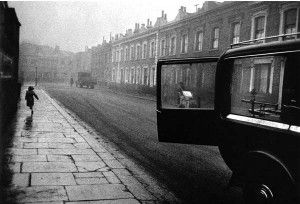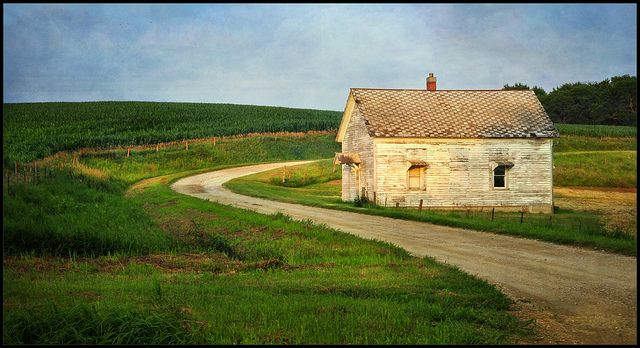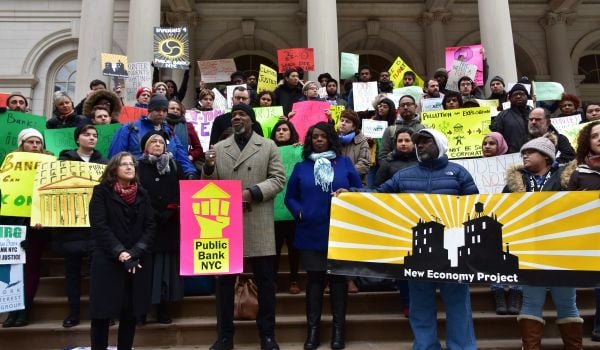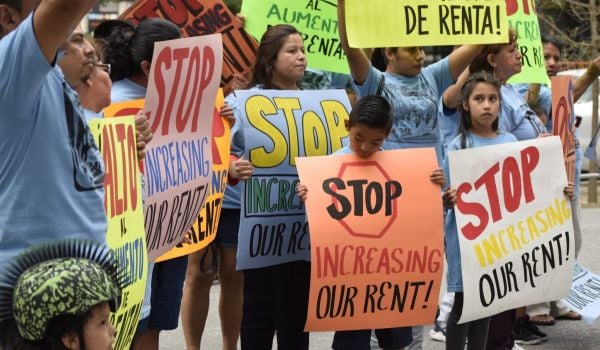Earlier this week, memoirist and male anatomy personification whiz Shalom Auslander had a thought piece in the New York Observer on how, he believes, big city life turns people into blithering narcissists.
His argument, though it makes for a funny read, has been bugging me for days, mostly because it confuses the symptom for the cause. And as a general booster of all things urban, this narcissistic city-dweller feels compelled to respond.
Chronicling a day in which he travels from his upstate New York home to Manhattan and back, Auslander muses on how human pettiness is amplified in the city due primarily, he implies, to its sheer number of worker bees running around fixated on their careers, romances or, with the aid of the Internet, meaningless bullshit. (As an example of the latter, he goes for the low-hanging fruit: Shallow political gossip on websites like the Huffington Post).
Auslander puts the blame on “The City” itself — specifically New York City, but his logic could extend to any metropolitan area with a critical mass of ambitious, career-driven people (which includes most of them).
“Something about the city makes people think they matter, think this world is theirs, think the only history that counts is the history of man,” Auslander writes.
Thankfully, he manages to avoid most of the tired old complaints about urban living, even taking the time to explain how clichéd worries about dirtiness, overcrowding and noise don’t apply to him. But he still veers close to a centuries-old romanticism that casts the country as this simple, humbling place where people can live free from the neuroses that plague overambitious go-getters in cities like New York.

Robert Frank captures the unforgiving hugeness of 1950s London. Source: Chasing Light
It’s a very rose-tinted outlook, propagated mostly by people with ample leisure time to spend in the country (such as writers or, even more likely, city slickers on vacation). It reduces rural areas — and the people who live in them — to an archetype. It’s a benign archetype, but an archetype nonetheless: At its worst, it assumes that people who choose a rural environment over an urban or suburban one don’t have the same ambitions and anxieties, that living amid nature somehow absolves people of the trivialities that dog everyone who doesn’t have a forest in the backyard.
As if people in the country don’t have stressful jobs to worry about, tricky relationships to navigate, jealousies and insecurities and dashed hopes to reckon with.
Eventually, Auslander claims to escape the echo chamber of self-involvement crippling his Manhattan friends while going for a hike in the Catskill Mountains near his home.
“For me,” he writes, “it isn’t the beauty or the majesty or the oneness with nature. It’s our twoness with nature. I like nature because nature doesn’t care. Nature doesn’t need us, or give a damn about us either way. Here, says the forest, is how much you matter: not at all.”
Auslander misses the point, I think, because he can’t see that it’s just as easy to find humbling solace among tall buildings as it is in the woods. There’s something about separating yourself form the fast-moving crowds, every now and again, to drown in the immensity of a city. Like the sight of a mountain or vast valley, it can make you feel small and insignificant. It’s the same feeling I get when I look at a Robert Frank photo, or listen to Paul Simon sing “The Only Living Boy in New York.” It’s finding solitude among crowds. It’s that feeling of utter anonymity.
But most people, on most occasions, don’t notice this. Why? Because they’re human beings with lives to live, and the majority don’t get paid to write their thoughts about the awe-inspiring bigness of either the Catskills or Manhattan. How many times a day do residents of upstate New York stand back and contemplate the ego-destroying capabilities of the woods? If they do it can’t be for too long, since I assume they have jobs, dreams and life to attend to.
Granted, too many people might feel entitled to everything in the world. And yes, walking around a city like New York can leave you with the impression that everyone lives in a myopic bubble where nothing other than their own feelings and desires.
But the city itself doesn’t create that bubble. We’re all flawed creatures, whether we live in SoHo or the setting of Brother’s Keeper. All that living in the city does is force us to see one another, in all our damaged glory, on a daily basis. Some of us — and increasingly, many of us — think it’s worth it.
















